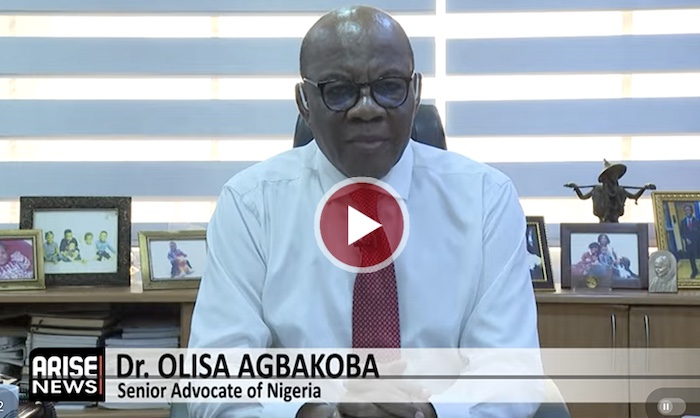
Despite a government push for local production, Nigerians spent a staggering ₦242.68 billion on imported solar panels in the first half of 2025, highlighting a strong and growing demand for renewable energy in the face of national grid instability.
The data, contained in the latest Foreign Trade Statistics from the National Bureau of Statistics (NBS), show that photovoltaic cells and solar modules remained among the country’s most-imported commodities for the period under review.
Between January and March 2025, solar panel imports were valued at ₦125.29 billion, while the figure for April to June stood at ₦117.39 billion, bringing the six-month total to nearly a quarter trillion naira.
While the H1 total is substantial, it represents a modest decline from the ₦237.3 billion recorded in Q4 of 2024 alone, suggesting that import appetite may be cooling slightly possibly due to rising local alternatives or policy signals from the Federal Government.
FG Pushes Local Production, Boasts 600MW Manufacturing Capacity
Responding to the demand trends, the Federal Government has intensified efforts to promote local manufacturing of solar technology as part of its energy transition agenda.
Speaking recently, the Managing Director/CEO of the Rural Electrification Agency (REA), Abba Aliyu, disclosed that Nigeria’s installed solar module production capacity had expanded to 600 megawatts, up from just 110 megawatts a few years ago.
“We are changing the narrative,” Aliyu said. “Nigeria now has the capacity to produce solar panels locally and support the transition to clean energy.”
According to him, the localisation drive is backed by key production hubs, including a 100MW facility in Lagos, a 250MW plant in Abuja, and others in Idu and Port Harcourt. The number of active renewable energy service companies has also surged to over 50, compared to less than 10 just a few years ago.
Import Ban Looms Under Executive Order—But PwC Warns of Risks
In March, the Minister of Science and Technology, Uche Nnaji, hinted at an impending Executive Order that would restrict solar panel imports, prioritising local content across science, engineering, and technology sectors.
Nnaji said Nigeria has both the lithium resources and manufacturing capacity to support domestic solar needs, adding that he personally has lived off-grid for three years using local mini-grid solutions.
“We have what it takes. Homes, hospitals, and institutions can now benefit from clean mini-grids. I’ve been off-grid for three years and it works,” he said.
However, a report from PricewaterhouseCoopers (PwC) has advised caution, warning that an outright ban could stall energy access goals, dissuade investment, and trigger short-term supply shocks.
“A phased reduction in imports over three to five years would be more strategic,” PwC advised in its report, Rethinking Nigeria’s Proposed Solar Panel Import Policy.
The firm urged the government to focus on enabling local producers, ensuring quality standards, and building investor confidence before implementing any hard restrictions.
Presidential Villa Goes Solar with ₦10bn Budget
In a symbolic shift, the Presidential Villa in Abuja has begun its own journey off the national grid. The State House recently completed the installation of solar panels at its conference centre, in line with a wider plan to power the entire complex via a solar mini-grid system.
A review of the approved 2025 national budget shows that ₦10 billion was allocated for the project under the title: “Solarisation of the Villa with Solar Mini Grid.”
The budgetary boost brought the total allocation to the State House Headquarters to ₦57.11 billion, up from the originally proposed ₦47.11 billion, driven entirely by capital expenditure.
Officials say the project will help reduce the presidency’s reliance on the national grid while cushioning the impact of future electricity tariff hikes on government expenses.



